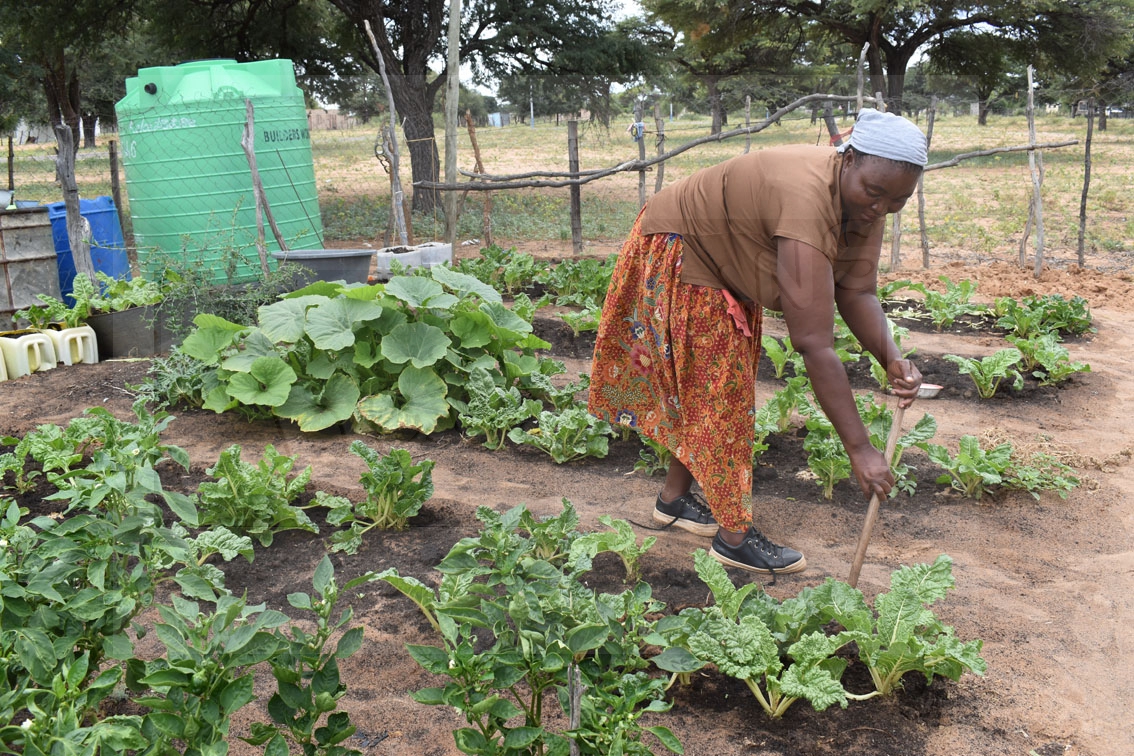Botswana faces external shock risks
14 Jul 2025
Botswana remains vulnerable to external shocks that could undermine domestic financial stability through the significant role of the public sector in business performance and household incomes.
The country’s financial system vulnerabilities mainly emanated from a landscape historically prone to diamond-driven economic shocks, with recent significant manifestations during 2018 - 2020 and 2022 - 2023, due to global economic downturns and the COVID-19 pandemic.
The April 2025 Bank of Botswana Global Financial Stability Report (GFSR) points to increased financial stability risks owing to growing market uncertainty, stretched asset valuations, high sovereign debt, shifting trade policies and patterns as well as high leverage.
According to the report, external factors, including global economic uncertainty and adverse weather events like drought in 2024 and flooding in March 2025 worsened these vulnerabilities which necessitated a proactive approach to manage systemic risks and resultant stress.
The report indicates that sovereign vulnerabilities have intensified due to tighter global financial conditions, elevated debt levels and fiscal pressures and warns of further market turbulence in sovereign bond markets and associated higher refinancing costs for emerging market and developing economies.
In its assessment of vulnerabilities for the first half of 2025, the Financial Stability Board (FSB) considered asset price valuations to still be elevated and stretched, accompanied by high non-financial sector debt and associated debt servicing pressures, as well as leverage and liquidity challenges in Non-Bank Financial Institutions (NBFIs).
The GFSR further indicates that a sharp repricing in equity markets, fueled by shifting trade policies and policy uncertainty was driving heightened market volatility and weakening investor sentiment.
At the same time, highly leveraged and interconnected NBFIs has the potential to amplify systemic vulnerabilities and undermine global financial stability.
The FSB further considered geopolitical tensions and associated uncertainty, as well as higher interest rates, to be potential triggers that could interact with underlying vulnerabilities to destabilise the global financial system.
“Domestically, the macroeconomic environment remains uncertain amid weak fiscal position. Fiscal challenges emanate from pressured public revenues due to weaker diamond market performance. These macroeconomic conditions exacerbate some of the vulnerabilities in the financial system, specifically management of liquidity by banks,” says the report.
The report further states that excess liquidity in the banking sector was at a historic low of P764 million in March 2025, compared to the P10.5 billion in the corresponding period in 2024, largely due to net foreign exchange outflows given low diamond sales and a slowdown in government spending.
Under these circumstances, the Bank of Botswana intervened twice to support market liquidity, first by slashing the primary reserve requirement to zero, which released about P1.8 billion into the market.
The Non-Financial Cooperates sector showed high default risks, possibly coming from diamond-related firms, while the household sector faced with significant credit stress from economic contraction and potential food price inflation despite headline inflation being low so far in the first half of 2025.
To mitigate these systemic risks, the report states that Botswana must adopt a multifaceted strategy that addresses the interconnected vulnerabilities across sectors.
Fundamental in this regard is economic diversification to reduce over reliance on diamond exports and enhance resilience and expanding key sectors such as eco-tourism, sustainable agriculture and value added manufacturing in line with national development aspirations that create more resilient economic foundations. ENDS
Source : BOPA
Author : Thato Mosinyi
Location : Gaborone
Event : BoB Global Financial Stability Report
Date : 14 Jul 2025






